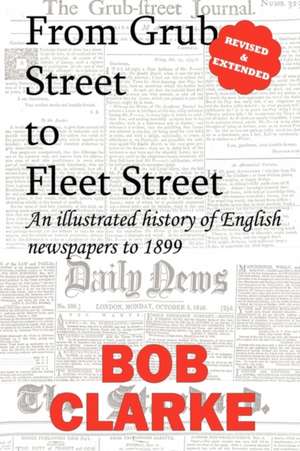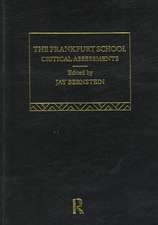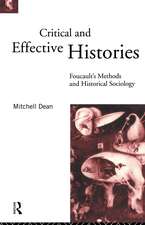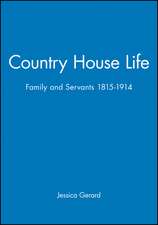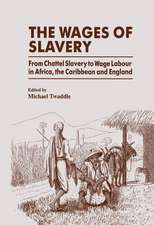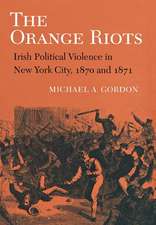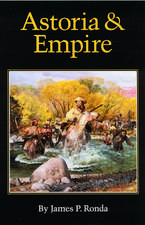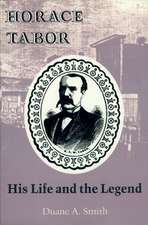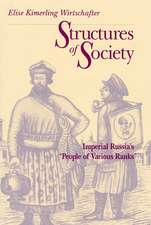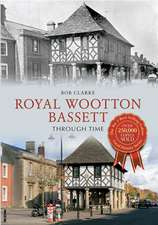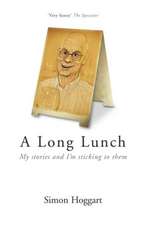From Grub Street to Fleet Street
Autor Bob Clarkeen Limba Engleză Paperback – 30 iun 2010
| Toate formatele și edițiile | Preț | Express |
|---|---|---|
| Paperback (1) | 138.20 lei 6-8 săpt. | |
| Revel Barker – 30 iun 2010 | 138.20 lei 6-8 săpt. | |
| Hardback (1) | 1000.27 lei 6-8 săpt. | |
| Taylor & Francis – 19 aug 2004 | 1000.27 lei 6-8 săpt. |
Preț: 138.20 lei
Nou
Puncte Express: 207
Preț estimativ în valută:
26.45€ • 27.51$ • 21.83£
26.45€ • 27.51$ • 21.83£
Carte tipărită la comandă
Livrare economică 14-28 aprilie
Preluare comenzi: 021 569.72.76
Specificații
ISBN-13: 9780956368669
ISBN-10: 0956368662
Pagini: 326
Dimensiuni: 152 x 229 x 18 mm
Greutate: 0.44 kg
Editura: Revel Barker
ISBN-10: 0956368662
Pagini: 326
Dimensiuni: 152 x 229 x 18 mm
Greutate: 0.44 kg
Editura: Revel Barker
Cuprins
Contents: Part 1 Grub Street: Grub Street: an introduction; The beginnings of the English newspaper, 1513-1695; The developing newspaper, 1695-1750; The mature 18th century newspaper, 1750-1800; Provincial newspapers. Part 2 The Content of the 18th Century Newspaper: Advertisements; Robberies and bloody murders: home news; Foreign news, wars and shipwrecks. Part 3 Fleet Street: The Times, the Fourth Estate and the Sunday paper; Fleet Street: an epilogue. Notes; English newspapers: a brief chronology of dates; Bibliography; Index.
Recenzii
'...a highly entertaining and informative introduction to English newspaper history...' The Times Literary Supplement 'In this buoyant account, Bob Clarke takes us up to the end of the 19th century...the study is larded with choice samples of 18th-century journalism...(and) illustrated with pages from the papers of the past ...He gives a good overview of historical developments...(the book) has a relish for its subject...' The Guardian 'It is indeed a scholarly piece of work, well structured, comprehensive, impeccably end-noted and referenced, and written in clear and unpretentious style. It is also generously and informatively illustrated.' British Journalism Review '... this is a racy, erudite account...The author is to be congratulated on a volume - written in a lively manner - that packs a great deal of information, much of it not previously published.' Press News 'What Bob Clarke does so effectively in his new book is to combine readable history with extracts and illustrations that give a real flavour of what those newspapers were really like...' Rare Book Review '...notable for its refreshing and engaging presentation of factual information without overmuch theoretical rumination ... Recommended ...' Choice 'Clarke [...] gives a vivid and entertaining account of the social milieu of Grub Street...' Sharp News
Descriere
Descriere de la o altă ediție sau format:
In this book, Bob Clarke examines the origination and development of the English newspaper from the sixteenth century through to end of the nineteenth century. Along the way this narrative is illuminated with stories of the characters who contributed to the growth of the English press in all its rich variety of forms, and how newspapers tailored their contents to particular audiences. Beginning with a detailed chronological history, the volume then moves on to discuss specific themes important to the development of the English newspaper, including such issues as state: censorship and struggles for the freedom of the press, the growth of advertising and its effect on editorial policy, the impact on editorial strategies of taxation policy, increased literacy rates and social changes, the rise of provincial newspapers and the birth of the Sunday paper and the popular press. The final third of the book describes the content of newspapers, and includes numerous extracts and illustrations that vividly portray the way in which news was reported to provide a colourful picture of the social history of their times.
In this book, Bob Clarke examines the origination and development of the English newspaper from the sixteenth century through to end of the nineteenth century. Along the way this narrative is illuminated with stories of the characters who contributed to the growth of the English press in all its rich variety of forms, and how newspapers tailored their contents to particular audiences. Beginning with a detailed chronological history, the volume then moves on to discuss specific themes important to the development of the English newspaper, including such issues as state: censorship and struggles for the freedom of the press, the growth of advertising and its effect on editorial policy, the impact on editorial strategies of taxation policy, increased literacy rates and social changes, the rise of provincial newspapers and the birth of the Sunday paper and the popular press. The final third of the book describes the content of newspapers, and includes numerous extracts and illustrations that vividly portray the way in which news was reported to provide a colourful picture of the social history of their times.
